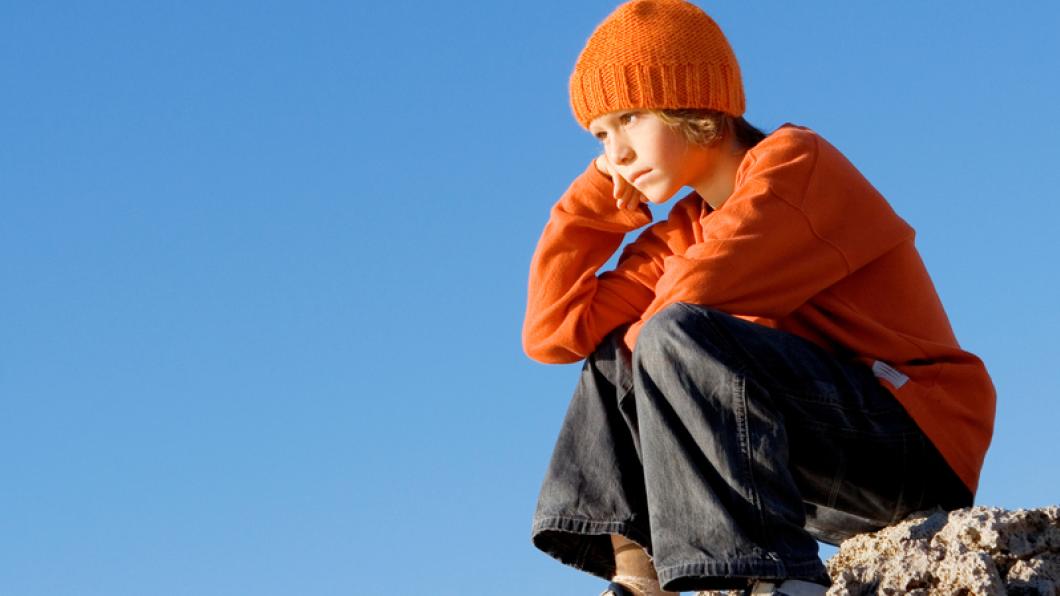
Loneliness in autistic children can predict later depression
By Louise Kinross
Loneliness in preteen autistic children is a predictor of later depression, according to a recent study in the Canadian Journal of Psychiatry.
"Kids who are lonely at age 10 are three times more likely to have depressive symptoms when they're 14," says co-author Dr. Danielle Baribeau, a child and adolescent psychiatrist and scientist at Holland Bloorview.
Depression wasn't tied to the level of a child's autistic traits, researchers found, but to unmet social needs: "I would like to have more social connections but I feel excluded or left behind," Baribeau explains.
Parents of 75 children aged six to 18 who are part of the Province of Ontario Neurodevelopmental Disorders (POND) Network filled out mental health checklists for the study at two points in time. The average age of the first visit was 10 years, and the second was 14. Thirty-seven per cent of youth had elevated symptoms of depression at their first visit, and over one-third had a high level of symptoms on their second visit. Most who had raised symptoms at their first visit continued to show those levels at the second.
"We have many studies and population data showing autistic people have elevated rates of mental-health concerns broadly," Baribeau says. "What the study found that was new was that depressive symptoms emerged earlier in childhood, seemed to persist over time, and were potentially more chronic. This is the first time this has been shown in autistic children, and highlights their unique mental-health care needs."
In addition to loneliness, other predictors of depression were self-harm; suicidal ideation, high levels of restrictive or repetitive behaviours, depressive symptoms at the first visit, and ADHD. Factors that protected against depression included high levels of social participation. "The more you can participate socially in the community, the less risk of depression," Baribeau says.
Baribeau hopes parents and clinicians will keep their eyes open for autistic kids aged nine, 10 and 11 who seem sad or withdrawn. "You can check in with them by saying: "It's not unusual for kids your age to sometimes feel sad or lonely. It that something that's going on for you?"
The study emphasizes the importance of inclusive environments and dispels the notion that autistic children "don't want or need friends," Baribeau says. "That's absolutely not true. There may be some children who don't have friends, don't feel lonely, and are okay. But others are struggling for peer connectedness, don't feel they fit in, and feel lonely or sad. These situations call on all of us to create inclusive experiences that help support and protect mental health."
That includes social groups "that are about connecting with others and sharing interests," Baribeau says. "The goal isn't social skills development in a formal way, but social exposure and supported opportunities to connect and make friends." An example is Holland Bloorview's Robotics Club.
Baribeau is now working on a POND study that looks at health administrative data to identify where autistic children and youth receive mental-health support in Ontario, and where there are gaps. "How often are autistic kids seeking mental-health care as they grow up?" she says. "How often do they end up in the ER for a mental-health crisis, which is not where anyone wants to be?"
Baribeau spends one day a week at Holland Bloorview seeing children in clinic and four days a week doing research.
Like this content? Sign up for our monthly BLOOM e-letter, follow BLOOM editor @LouiseKinross on X, or @louisekinross.bsky.social on Bluesky, or watch our A Family Like Mine video series.